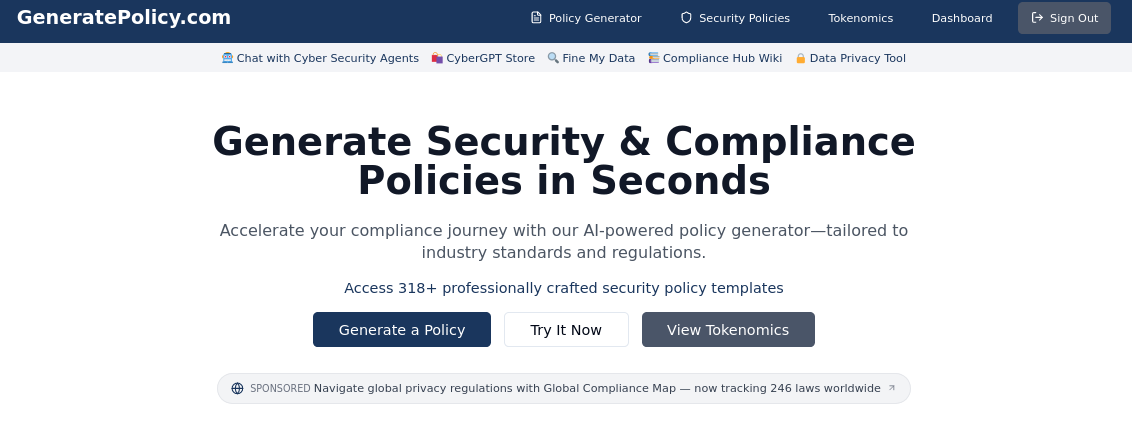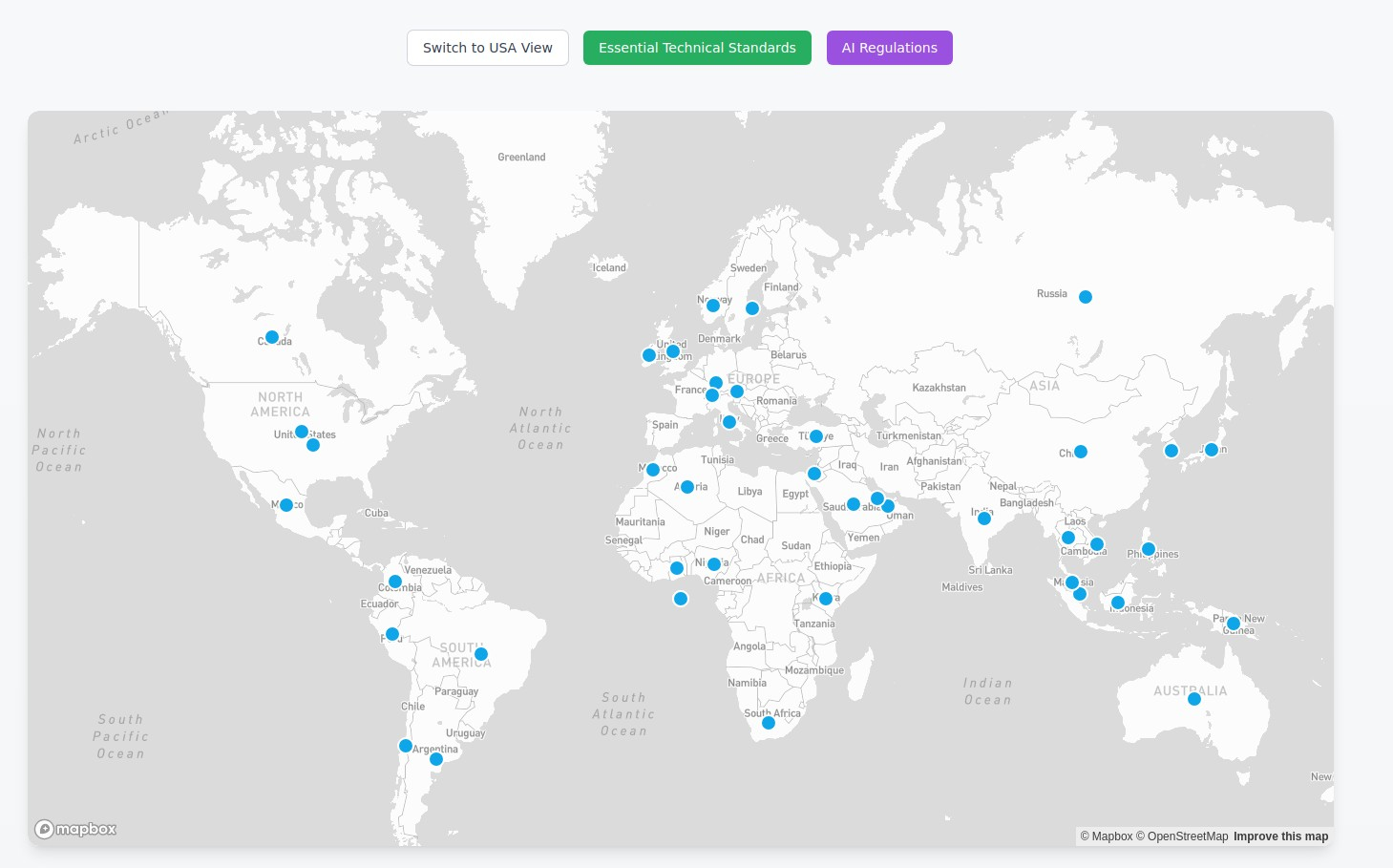Navigating the Patchwork: An In-Depth Look at U.S. State Comprehensive Privacy Laws


In recent years, the United States has seen a significant proliferation of state-level comprehensive data privacy laws. These laws are designed to bolster consumer rights and impose new responsibilities on businesses regarding cybersecurity and data handling. Drawing on the provided sources, this article offers a detailed overview of key state privacy statutes, highlights overarching trends, and discusses the implications for businesses and privacy professionals.
Overview of Key State Privacy Laws
While sharing common goals, each state's law has unique features, particularly concerning scope, consumer rights, and enforcement mechanisms.

California: CCPA as Amended by CPRA
- Full Name & Effective Date: California Consumer Privacy Act of 2018 (CCPA), amended by the California Privacy Rights Act of 2020 (CPRA). The CPRA amendments became effective on January 1, 2023, with modifications enforceable starting in 2023.
- Scope of Application: Applies to for-profit businesses collecting personal information of California residents that meet specific thresholds: over $25 million in annual gross revenue; or buy/sell/share personal information of 100,000+ consumers/households; or derive 50%+ of revenue from selling or sharing personal data. As of 2023, the law includes employees and B2B contacts as "consumers". "Personal information" is broadly defined as information linked or linkable to an individual or household. Exemptions include HIPAA-regulated health data, GLBA financial data, and publicly available information. Nonprofits and government entities are exempt.
- Consumer Rights: Includes the right to non-discrimination for exercising privacy rights. Consumers cannot be retaliated against, such as being denied services or charged different prices, for exercising their privacy rights.
- Sensitive Data & Children's Data: California requires opt-in consent to sell or share data from minors under 16. For consumers under 16, businesses cannot sell or share data unless the minor (ages 13–15) authorizes it, or a parent authorizes it for children under 13. This raises the bar, requiring opt-in for teens aged 13-15 and aligning with COPPA for under-13s. California also enacted the Age-Appropriate Design Code Act (AADC) in 2022, mandating stringent privacy-by-default settings (like disabling precise location tracking and profiling) and risk assessments for online services likely accessed by under-18s. Although enforcement of the AADC was delayed by a legal challenge, California shows a trend of treating children's data with heightened sensitivity.
- Opt-Out Preference Signals: California's regulations require honoring user-selected universal opt-out mechanisms (OOPS).
- Right to Cure: There is no general right to cure violations before enforcement; the CPRA removed the CCPA's 30-day cure period for most violations as of 2023. A limited private right of action exists only for certain data breaches resulting from a business's failure to implement reasonable security. In such cases, consumers can sue for damages after giving notice and 30 days to cure the specific security violation. For other CCPA/CPRA violations, individuals cannot sue; enforcement is exclusive to the AG/CPPA.
- Enforcement & Penalties: Enforced by both the California Attorney General and the California Privacy Protection Agency (CPPA), the first dedicated state privacy regulator. The CPPA gained enforcement powers on July 1, 2023. Violations can result in civil penalties up to $2,500 per violation or $7,500 per intentional violation or violations involving children's data. The California AG has already taken enforcement actions, such as a significant settlement with Sephora in 2022 for failing to honor opt-outs. The CPPA is expected to increase enforcement.
- Notable Updates & Litigation: The CPRA created the CPPA and led to updated regulations. Litigation has challenged the enforcement timing of CPRA regulations and the constitutionality of the AADC. California's law is the most expansive and has influenced other states while facing industry pushback. The core statutory requirements of CCPA/CPRA are in effect, requiring businesses to comply with this rigorous regime.









